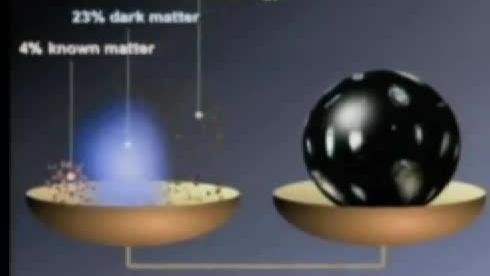Dark energy is thought to make up 68 percent of all the energy in the known Universe and is responsible for the continual expansion of the Universe. The particle that is associated with dark energy has been postulated but never seen. All forms of energy that are known to physics have a particle associated with them. The electron is the particle that transmits the energy called electricity. Holger Müller and his team at the University of California at Berkeley have gotten closer to finding the basic particle of dark energy than anyone else according to their report in the edition of the journal Science.
Justin Khoury of the University of Pennsylvania proposed that the basic particles of dark energy change mass relative to the mass of their environment in 2004. The particles that Khoury named chameleons have a small mass and a large force in the depths of space but have a large mass and small force near large objects like stars and planets. The propositions suggest that the basic particle of dark energy has been hiding in plain sight.
Müller reasoned that the instruments that physicists have been looking for the chameleons with were both too large and too sensitive to detect the particles. The indication of the presence of a chameleon particle would be suppressed by large masses. The researchers used a less sensitive atom interferometer to measure the rate of fall of cesium atoms in a closed vessel. The cesium atoms fell at a rate that indicated the only force acting on the atoms was gravity.
The experiment indicates that the range of force that a chameleon particle can exhibit has been reduced by a factor of 1,000. The scientists have not found the particle that makes up dark energy. The study has given the physicists a better chance of finding the particle in laboratory conditions than ever before known.















